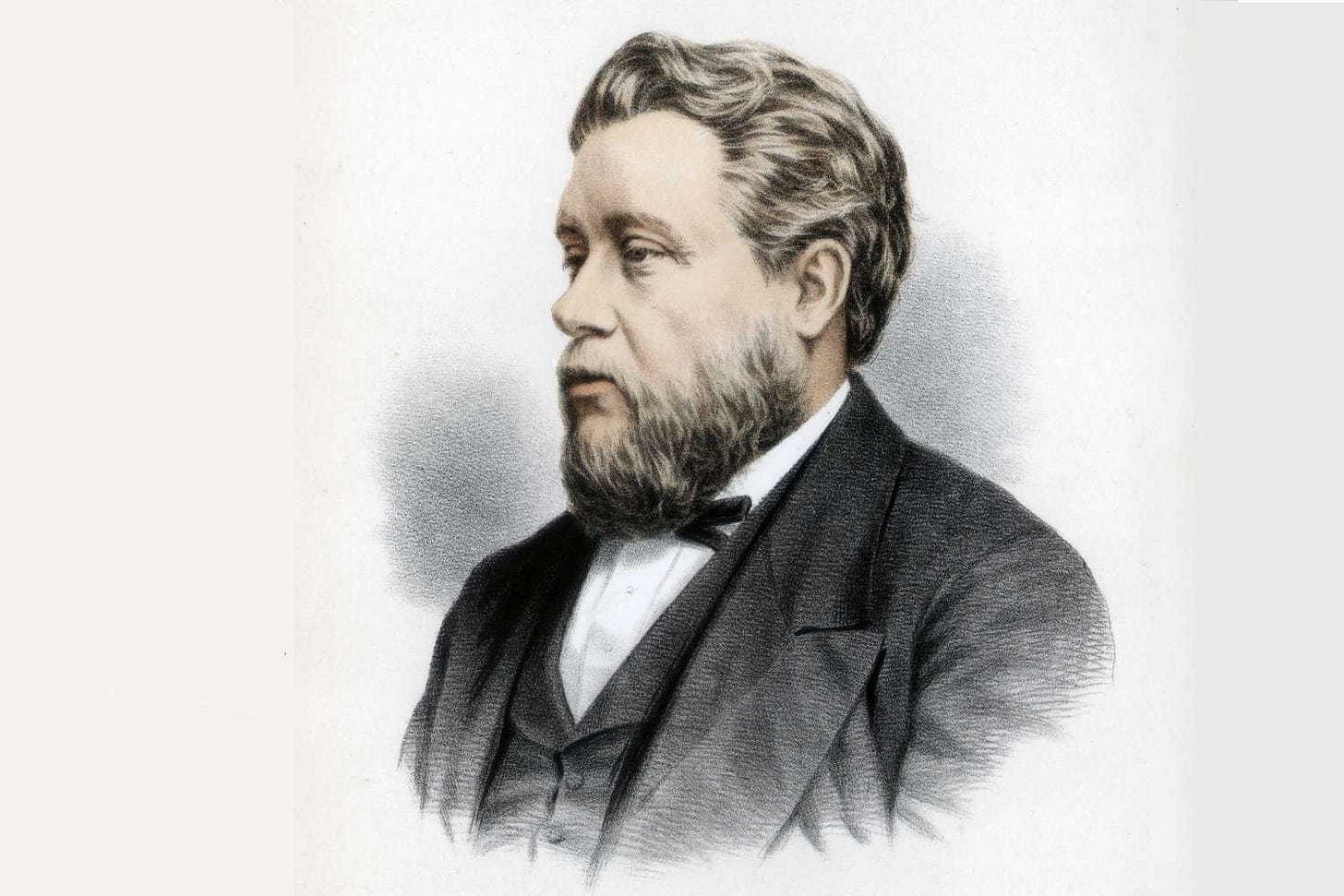What’s Wrong with Me?
How Spurgeon Battled Depression
Since Charles Spurgeon’s passing in 1892, he continues to profoundly influence the church and her leaders. Today, Spurgeon is one of the most read Christian authors, living or dead. Between his volumes of sermons, commentaries, devotionals, and books, many of God’s people continue to feast on the fruit of Spurgeon’s ministry.
“The prince of preachers,” as he’s been called, has been especially impactful to me. He has been a spiritual mentor who has often refreshed and challenged my soul. But I am not primarily drawn to his theological convictions or success. Rather, I am drawn to his sufferings.
Sunken Prince
Despite the many blessings and victories Spurgeon experienced, he also suffered much throughout his life and ministry. One of the sufferings he experienced was “causeless depression.” He once said in a sermon, “My spirits were sunken so low that I could weep by the hour like a child, and yet I knew not what I wept for” (“The Christian’s Heaviness and Rejoicing”). Causeless depression plagued even the prince of preachers, and he often felt ashamed that he was vulnerable to such despondency.
Countless Christians have wrestled with depression and, for many, it seems to strike without cause. Consider David: “Why are you cast down, O my soul, and why are you in turmoil within me?” (Psalm 42:5). In other words, “What is wrong with me? Why am I feeling like this?” If the king of Israel and the prince of preachers experienced this kind of depression, surely we are not immune. Even the most joyous Christians can know dark, inexplicable nights of depression.
How can we fight through these seasons? How did Spurgeon reconcile his struggle with depression with his view of a gracious God? Although depression is complex, and some of the remedies will vary from person to person, here are three truths that can be a light in the darkness.
Giver of the Cup
First, Spurgeon saw his depression as ordained by God, for God’s glory and his own sanctification. Spurgeon pressed through his depression with an unwavering conviction that God was sovereign in all that happened to him. He never once believed that his sufferings were by accident or an obstacle.
Spurgeon once said, “It would be a very sharp and trying experience for me to think that I have an affliction which God never sent me, that the bitter cup was never filled by his hand, that my trials were never measured out by him, nor sent to me by his arrangement of their weight and quantity” (“The Anguish and Agonies of Charles Spurgeon”). Jesus also knew who gave him his bitter cup (Matthew 26:39). But as painful as the cross was, it reconciled countless souls to God. God’s purposes and plans always consist of suffering.
Afflicted for Comfort
Second, Spurgeon considered the effective ministry that seasons of depression birth. How much more could God use us to comfort one afflicted soul after we have gone into the depths a hundred times ourselves? “Blessed be the God and Father of our Lord Jesus Christ, the Father of mercies and God of all comfort, who comforts us in all our affliction, so that we may be able to comfort those who are in any affliction” (2 Corinthians 1:3–4).
Maybe you are currently walking through the valley of despair, and depression’s dark shadow has dimmed your hope. In these moments, it is easy to believe the lie that God has no use for you in blessing others. If you believe this lie, isolation is sure to follow. But these feelings of uselessness and loneliness are right where the enemy wants us. Why? To prevent us from ministering and being ministered to. A rich ministry flows from your own well of suffering. God will often use those who are familiar with depression’s landscape to help others navigate their way through it.
Oxygen to the Body
Third, while Spurgeon used theological weapons to combat his depression, he also used practical means through rest and nature. Most of us spend all our hours and days doing and neglect our being. Spurgeon said, “In the long run, we will do more by sometimes doing less” (Lectures to My Students, 128). There is great wisdom in giving our bodies and minds rest. Sometimes, a day of recharging, and restful activity, will make a deep difference.
Spurgeon also used nature as a remedy for the depths of depression. Spurgeon counsels that we should “breathe country air and let the beauty of nature do its appointed work. A mouthful of sea air, or a stiff walk in the wind’s face would not give grace to the soul, but it would yield oxygen to the body, which is next best” (Lectures to My Students, 126). In other words, sometimes we need to take a walk and enjoy creation.
The fruit of Spurgeon’s life shows us that depression is not enough to break the bruised reed, or quench the faintly burning wick (Isaiah 42:3). By God’s grace, we do not need to yield to the despair that depression brings. Rather, we can fully yield to the sovereignty, grace, and goodness of God in the midst of it.
**This article was originally published on DesiringGod.org**


